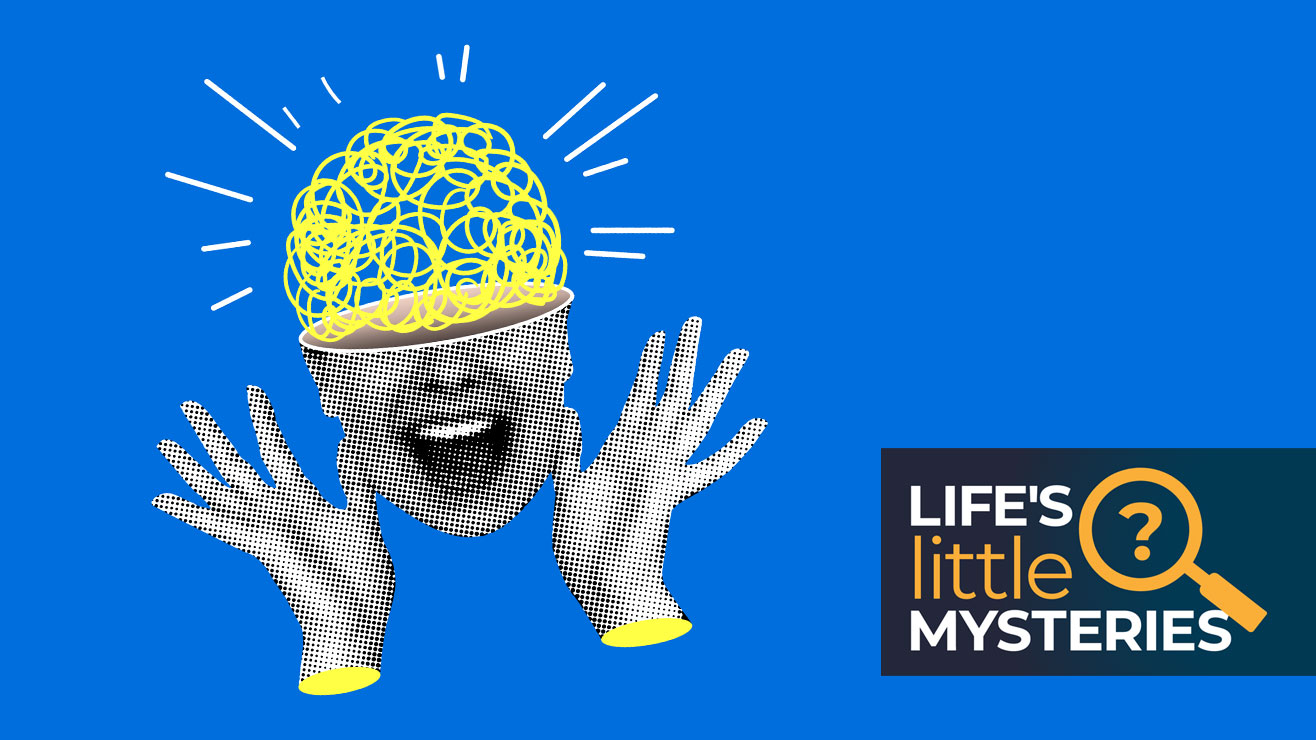Why Smokers Can’t Quit Easily
Every smoker knows it's tough to kick the habit. In fact, just seeing a photo of someone smoking is enough for would-be quitters to ditch their best intentions and light up "just one more," research now shows.
New brain scans taken during normal smoking activity and 24 hours after quitting show a marked increase in a particular kind of brain activity when quitters see photographs of people smoking, said Joseph McClernon, an associate professor in the department of psychiatry and behavioral sciences at Duke University Medical Center.
The brain area in question turns out to be the dorsal striatum, a region responsible for automatic responses (such as controlling the movements needed to ride a bike or brush one's teeth), which means that quitting smoking may be out of a person’s conscious control, McClernon said.
"Only five percent of unaided quit attempts result in successful abstinence," McClernon said. "Quitting smoking dramatically increases brain activity in response to seeing smoking cues, which seems to indicate that quitting smoking is actually sensitizing the brain to these smoking cues," thus explaining why most smokers who try to quit tend to relapse.
"If we’re really going to help people quit, this emphasizes the need to do more than tell people to resist temptation. We also have to help them break that habitual response," McClernon said.
The study is detailed online in the journal Psychopharmacology. Further research is focusing on the use of a nicotine patch prior to quitting smoking to break the mental link between cigarettes and nicotine.
- 10 Easy Paths to Self Destruction
- Smoking's Many Myths Examined
- More News about Smoking
Get the world’s most fascinating discoveries delivered straight to your inbox.


